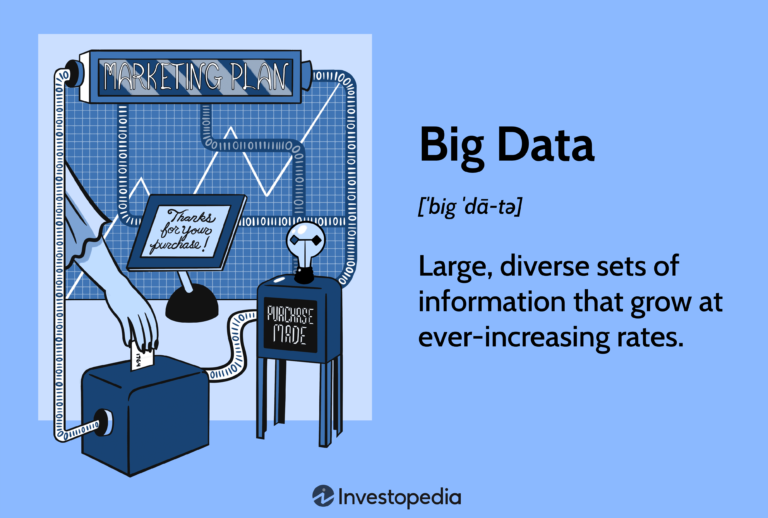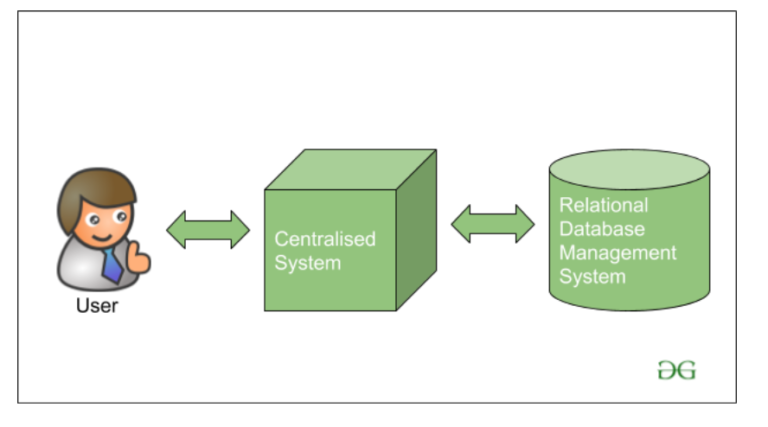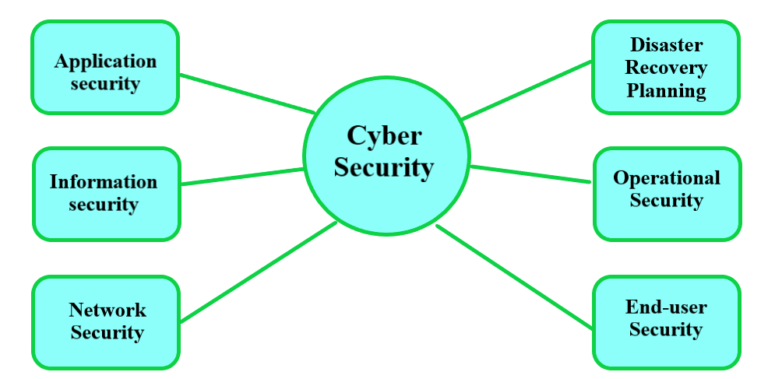What Is Privacy Vs Security In Big Data?
Big Data is a rapidly growing field in which large data sets are collected and analyzed to uncover trends and patterns. Privacy and security are two important concepts when it comes to Big Data. Privacy deals with the protection of an individual’s personal information, while security refers to the protection of data from unauthorized access. Privacy vs. security in Big Data is an important consideration for organizations and individuals, as it determines how data is handled and who has access to it. With the increasing amount of data being collected and stored, it is important to understand the implications of privacy vs. security in Big Data. Properly implemented privacy and security measures can ensure that data is kept secure and individuals’ personal information is not compromised.
Definition of Privacy and Security in Big Data
Big Data Privacy and Security is an important aspect of Big Data. It is the process of protecting data from unauthorized access, use, or disclosure. It involves controlling access to data by using secure authentication and encryption, as well as identifying and managing data that is stored, transmitted, or otherwise shared. Privacy and Security in Big Data is also about understanding and managing the risks associated with the collection, storage, and use of Big Data. It is important to ensure that data privacy and security measures are in place to protect data from potential threats such as cyber-attacks, identity theft, and information misuse. It is also important to ensure that data is not used for any purpose other than what it was originally intended for, and that it is properly disposed of when no longer needed. With Big Data, privacy and security are essential to ensure the collection, storage, and use of data is done securely and ethically.
Benefits of Privacy and Security in Big Data
Big data is a valuable resource for businesses, allowing them to gain insights into customer behavior and trends. However, with any data comes the potential for misuse, which is why privacy and security are essential components of any big data strategy. Privacy and security are essential for protecting the data that companies collect, and ensuring that it is used responsibly and ethically. With the right policies and procedures in place, businesses can protect their customers’ personal information, prevent fraud, and maintain the integrity of their data. Furthermore, having a secure environment can help to foster trust between companies and their customers, and strengthen their relationships. By investing in privacy and security measures, businesses can ensure that their data is used in a responsible manner and that their customers’ information is safe.
Challenges of Privacy and Security in Big Data
Big data has revolutionized the way businesses and organizations operate, but it also brings new privacy and security challenges. As data sets grow in size and complexity, it becomes increasingly difficult to protect the sensitive information contained within those datasets. Big data can be vulnerable to cyberattacks, data breaches, and unauthorized access, which can lead to financial losses, reputational damage, and legal liabilities. Additionally, organizations must grapple with privacy issues such as data retention, data transfer, and data sharing. With the continued growth of big data, it is essential for organizations to take steps to ensure the security and privacy of their data. This includes implementing robust security measures, conducting regular audits, and creating clear policies and procedures for data usage. With the right strategies in place, organizations can protect their data while still reaping the benefits of big data.

viquepedia.com
Strategies for Protecting Privacy and Security in Big Data
Big data is an invaluable asset for businesses and organizations, but can also pose risks to user privacy and security. To ensure that data collected is used responsibly, organizations must adopt strategies for protecting privacy and security. These strategies include: carefully outlining and following data protection policies; designing an authentication system to restrict access to only those who need it; implementing privacy-enhancing technologies; and regularly monitoring and auditing data use to ensure compliance with internal policies. Additionally, organizations should use encryption and anonymization to ensure that data is not accessed, altered, or misused. Finally, organizations should ensure that data is securely stored and backed up in case of loss or damage. By following these strategies, organizations can ensure that their user data remains secure and private.
The Impact of Privacy and Security in Big Data on Businesses and Consumers
Big Data is a powerful tool that has revolutionized the way businesses and consumers interact. But with great power comes great responsibility, and that responsibility lies in the hands of businesses and consumers to protect their sensitive data. With the rise of Big Data, privacy and security have become increasingly important issues. The impact of privacy and security in Big Data on businesses and consumers cannot be understated. Businesses have the responsibility to ensure their customers’ data is secure, while consumers need to ensure their personal data is being handled responsibly. Privacy and security issues are not only important for the safety and well-being of businesses and consumers but also for the success of Big Data itself. As data breaches become more commonplace, businesses need to prioritize security and privacy, and consumers need to be informed and vigilant about their data. Ultimately, maintaining a secure and private environment for Big Data is essential to ensure the continued success of businesses and consumers.
Conclusion
The blog section of our website is the perfect resource for anyone looking to stay up to date on the latest trends, industry news, and insights. Our blog offers a unique perspective on the ever-evolving world of business, giving readers the tools to make informed decisions and stay ahead of the competition. We provide thoughtful commentary on a variety of topics, from digital marketing to emerging technology, to help equip our readers with the knowledge they need to succeed. With our blog, you can stay informed and empowered to make the most out of your business.
FAQs About the What Is Privacy vs. Security In Big Data?
1. What is the difference between privacy and security in big data?
Privacy in big data refers to the ability of an individual or organization to control the collection, storage, and use of data about them, while security in big data is the process of protecting data from unauthorized access, use, modification, or destruction.
2. What are the benefits of privacy and security in big data?
Privacy and security in big data can help protect sensitive information from unauthorized access or misuse, while also helping organizations comply with data protection regulations and laws. Additionally, it can help organizations better manage their data assets and reduce the risk of data breaches.
3. How can organizations ensure privacy and security in big data?
Organizations can ensure privacy and security in big data by implementing appropriate technical, organizational, and administrative measures to protect data from unauthorized access, use, modification, or destruction. This includes encryption, access control, data anonymization, and monitoring of data activities.
Conclusion
Big Data is a powerful tool for businesses and organizations to harness the power of large datasets and use them to create insights, optimize operations, and improve customer experiences. However, when it comes to privacy and security, there are still some challenges that need to be addressed. While there are many potential benefits to Big Data, organizations need to ensure that they are following best practices when it comes to protecting the privacy of their customers and the security of their data. Privacy and security must be taken seriously and actively managed to ensure that customer’s data is not exposed to unnecessary risk. By taking the necessary measures to protect the privacy and security of data, businesses can be sure that they are taking advantage of the potential of Big Data while maintaining the trust of their customers.





